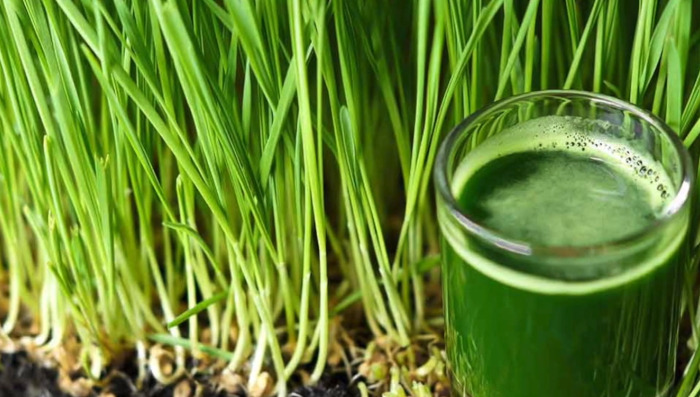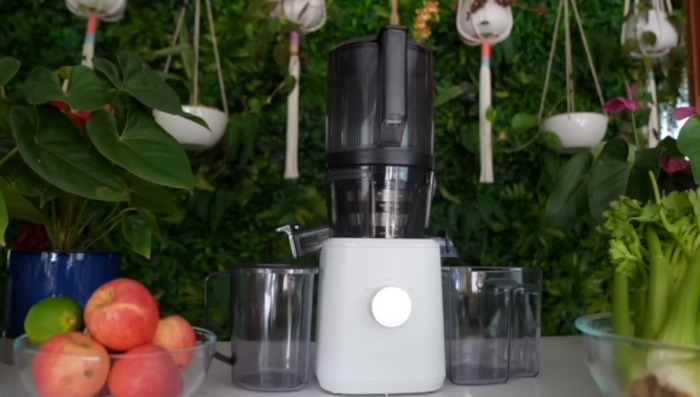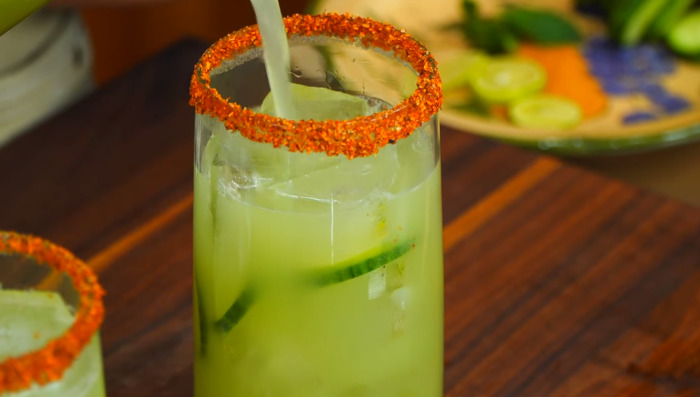Definition of antioxidants:
Antioxidants, in simple terms, are compounds that play a crucial role in protecting our bodies from oxidative stress. But what exactly is oxidative stress? It’s a process where our cells are damaged by free radicals, unstable molecules that can harm our DNA and other vital structures.
These free radicals are byproducts of various processes in our bodies, such as metabolism and exposure to environmental factors like pollution and UV radiation. If left unchecked, oxidative stress can contribute to a range of health issues, including heart disease, cancer, and aging.
Antioxidants come to the rescue by neutralizing these harmful free radicals. They act as defenders of our cells, preventing or slowing down the damage they can cause. Common antioxidants include vitamins C and E, as well as natural compounds found in fruits and vegetables.
In summary, antioxidants are our body’s natural defense against the harmful effects of oxidative stress, helping us stay healthy and vibrant.
How to create antioxidant juice?
Ingredients:
To prepare a delicious and nutritious antioxidant juice, you’ll need the following ingredients, each carefully measured for a perfect blend:
- Cranberries: 5.35 oz (152 g) or approximately 3 cups.
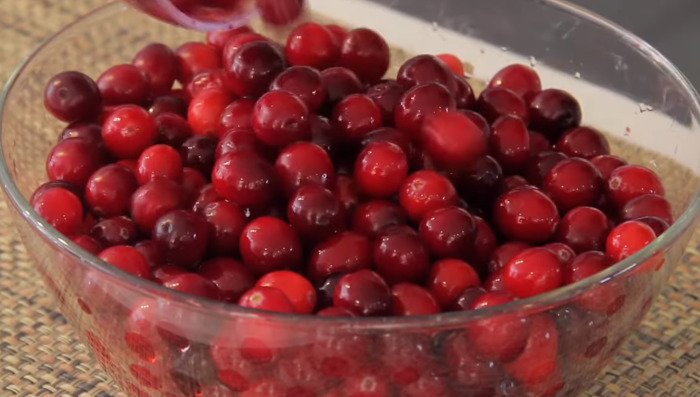
- Meyer lemon (peeled): 2.25 oz (64 g) or about 2/3 medium-sized lemon.
- Ginger: 0.8 oz (23 g), typically one piece of a 3-inch ginger root.
- Pomegranate (arils only): 4.8 oz (136 g) or roughly 3/4 cup of arils.
- Clementine orange (peeled): 1.6 oz (45 g) or 1 clementine.
- Garlic (optional): 0.25 oz (7 g), equal to 1 large clove or 2 small cloves.
- Opal apple: 2.8 oz (80 g), typically one medium-sized apple.
Equipment:
Here’s a list of the equipment you’ll need:
- Juicer: Invest in a high-quality juicer that suits your needs. Cold-press juicers, like the Nama J2 Juicer, are excellent for preserving nutrients and getting the most out of your ingredients.
- Knife and Cutting Board: You’ll need these for preparing your fruits and vegetables. Make sure they are sharp for easy and precise cutting.
- Measuring Tools: Have measuring cups and spoons on hand to ensure you get the right proportions of each ingredient.
- Citrus Juicer (optional): If you’re using citrus fruits like lemons or oranges, a citrus juicer can be handy for extracting their juice efficiently.
- Strainer: A fine-mesh strainer can help remove any pulp or seeds from your juice, giving it a smoother texture.
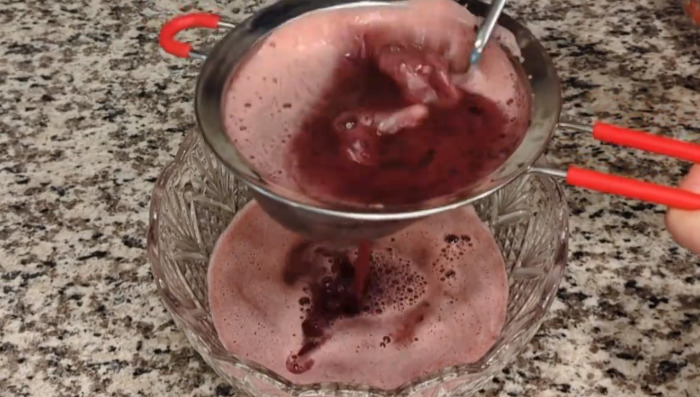
- Collecting Jug or Pitcher: You’ll need a container to collect the freshly squeezed juice as it comes out of the juicer.
- Glass or Bottle: Once your antioxidant juice is ready, you’ll want to serve or store it. Have a glass or bottle ready for immediate consumption or refrigeration.
Instructions:
Certainly, here are the instructions to make antioxidant juice:
- Prep Your Ingredients: Start by washing all the green leaves and herbs thoroughly. Drain them well. Wash and scrub the carrot, and peel the beet and orange. This ensures that your ingredients are clean and ready for juicing.
- Assemble Your Juicer: Place the collecting jug in position and set up your juicer. If you’re using a Nama J2 Juicer or a similar model, take advantage of the large hopper that allows you to load minimally processed produce for quick juicing.
- Juicing Process: Begin by adding the beet to the juicer’s feeding tube, followed by the scrunched-up greens, mint, celery leaves, carrot, and orange. Start the juicer and let it work its magic. You’ll witness fresh, nutrient-rich juice being extracted.
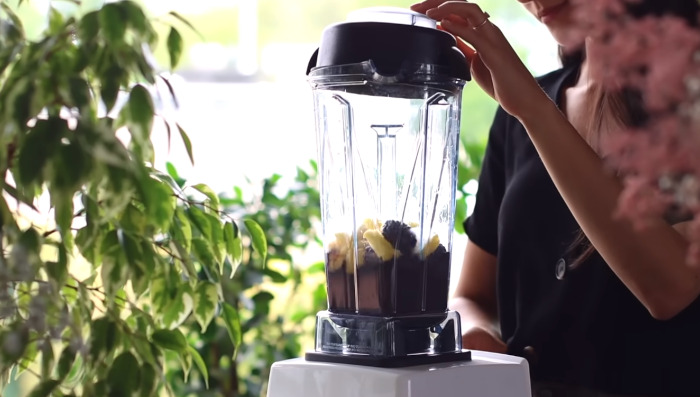
- Collect and Serve: Your antioxidant-rich juice will yield approximately 200 ml of goodness. Mix it well and pour it into a glass over a cube of ice. For an extra touch of flavor, add a pinch of rock salt if desired.
How to store antioxidant juice:
Here are some practical tips on how to store antioxidant juice effectively:
- Refrigeration: The best way to store antioxidant juice is in the refrigerator. It helps preserve the freshness and nutritional value. Use an airtight container or a glass bottle with a tight-fitting lid to prevent exposure to air, which can cause oxidation and loss of nutrients.

- Temperature: Keep your antioxidant juice at a temperature between 32°F and 40°F (0°C to 4.4°C). This range ensures that the juice remains cold but doesn’t freeze.
- Avoid Light: Store the juice in a dark or opaque container. Light can degrade the antioxidants and vitamins in the juice. If your storage container isn’t opaque, consider wrapping it in aluminum foil or placing it in a dark bag.
- Consume Quickly: Freshly prepared antioxidant juice is the most nutritious. Aim to consume it within 24 to 48 hours for maximum benefit. Over time, the juice may start to lose some of its nutritional potency.
- Freezing: If you need to store your antioxidant juice for an extended period, consider freezing it. Use freezer-safe containers, leaving some space at the top to allow for expansion. Thaw the juice in the refrigerator when you’re ready to drink it.
- Shake Before Drinking: When you’re ready to enjoy your stored antioxidant juice, give it a good shake. This helps mix any settled particles and ensures a consistent flavor.
Antioxidants: Why Are They Important?
Certainly, let’s explore the importance of antioxidants in a clear and concise bullet list:
- Neutralizing Free Radicals: Antioxidants play a vital role in neutralizing harmful molecules called free radicals. These free radicals can cause damage to our cells, leading to various health issues, including cancer and cardiovascular disease.
- Cell Protection: They act as a shield, protecting our cells from oxidative stress. This protection is crucial for maintaining healthy cell function and preventing premature aging.
- Supporting the Immune System: Antioxidants help bolster our immune system, making it more effective in fighting off infections and illnesses.
- Anti-Inflammatory Properties: Some antioxidants have anti-inflammatory properties, reducing inflammation in the body. Chronic inflammation is linked to numerous diseases, so this is a significant benefit.
- Collagen Production: Antioxidants, like Vitamin C, are essential for collagen production. Collagen is a protein that keeps our skin, joints, and bones healthy.
- Eye Health: Certain antioxidants, such as those found in carrots and leafy greens, are known to support eye health and reduce the risk of eye diseases like macular degeneration.
- Cancer Prevention: Regular intake of antioxidant-rich foods and beverages is associated with a reduced risk of certain cancers, including breast, colon, and lung cancer.
- Cardiovascular Health: Antioxidants can help maintain healthy blood vessels and lower the risk of heart disease by reducing oxidative stress and inflammation.
- Brain Health: Some antioxidants are believed to support brain health and cognitive function, potentially reducing the risk of neurodegenerative diseases like Alzheimer’s.
- Wound Healing: Antioxidants, particularly Vitamin C, play a crucial role in wound healing by promoting the growth of new tissue.
Wrapping up:
In conclusion, antioxidants are like the unsung heroes of our health. They tirelessly combat free radicals, protect our cells, and support various bodily functions. By incorporating antioxidant-rich foods and beverages into our daily diet, we can take a proactive step toward better health.
From Vitamin C in cantaloupes to the iron-absorbing properties of leafy greens, these nutrients are readily available in nature’s bounty. Whether you’re aiming to boost your immune system, reduce inflammation, or promote heart health, antioxidants have got you covered.
So, the next time you savor a glass of antioxidant-rich juice or indulge in a colorful salad, remember that you’re not just satisfying your taste buds – you’re nourishing your body. With these powerful compounds on your side, you can enhance your well-being and reduce the risk of chronic diseases.Incorporate antioxidants into your daily routine, and let them be your allies on the journey to a healthier, happier you.
FAQs:
What food is highest in antioxidants?
Determining the single food highest in antioxidants is challenging because different foods contain various types and amounts of antioxidants. However, some foods are particularly rich in these beneficial compounds. For instance, spices like cloves, cinnamon, and oregano are incredibly high in antioxidants. Among fruits, berries such as blueberries, blackberries, and cranberries stand out. Vegetables like kale, spinach, and artichokes are also antioxidant powerhouses. Incorporating a diverse range of these foods into your diet can help you harness the full spectrum of antioxidants, promoting better health and bolstering your body’s defense against oxidative stress.
Which fruit is the king of antioxidants?
Determining the absolute “king” of antioxidants among fruits can be challenging, as it depends on various factors like the specific type of antioxidants and their quantity. However, some fruits are notably high in antioxidants. Blueberries, for example, are often regarded as one of the top antioxidant-rich fruits due to their abundance of anthocyanins. Other fruits like acai berries, blackberries, and cranberries are also recognized for their high antioxidant content. Including a variety of these fruits in your diet can provide a range of antioxidants, contributing to overall health and well-being.
Are bananas high in antioxidants?
Bananas, while not considered one of the highest antioxidant fruits, do contain some antioxidants, particularly vitamin C. However, they are not as antioxidant-rich as berries or other fruits like oranges. Antioxidants in bananas can contribute to overall health, but for a more substantial antioxidant intake, it’s advisable to include a variety of colorful fruits and vegetables in your diet. While bananas are a nutritious snack, they may not be the primary source of antioxidants in your daily nutrition.
Related Read: Healthy Juice Recipe To Soothe Inflammation!


